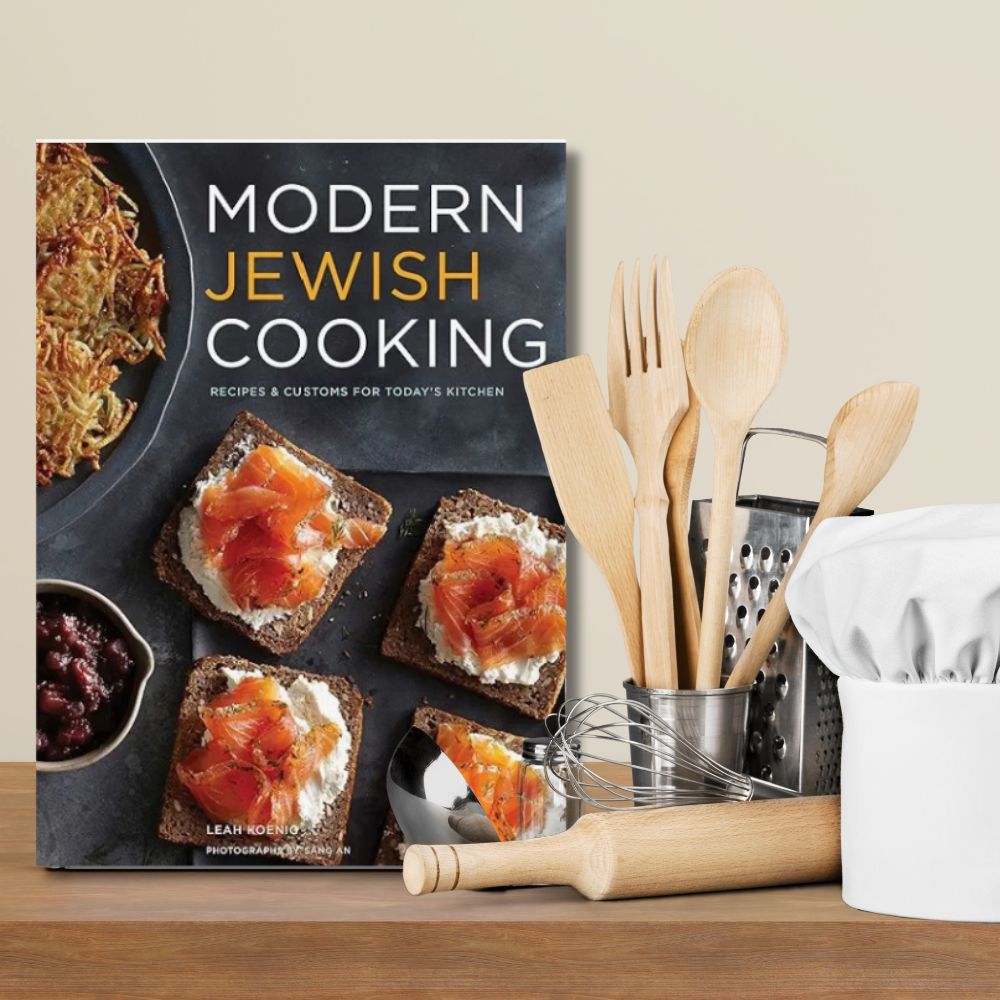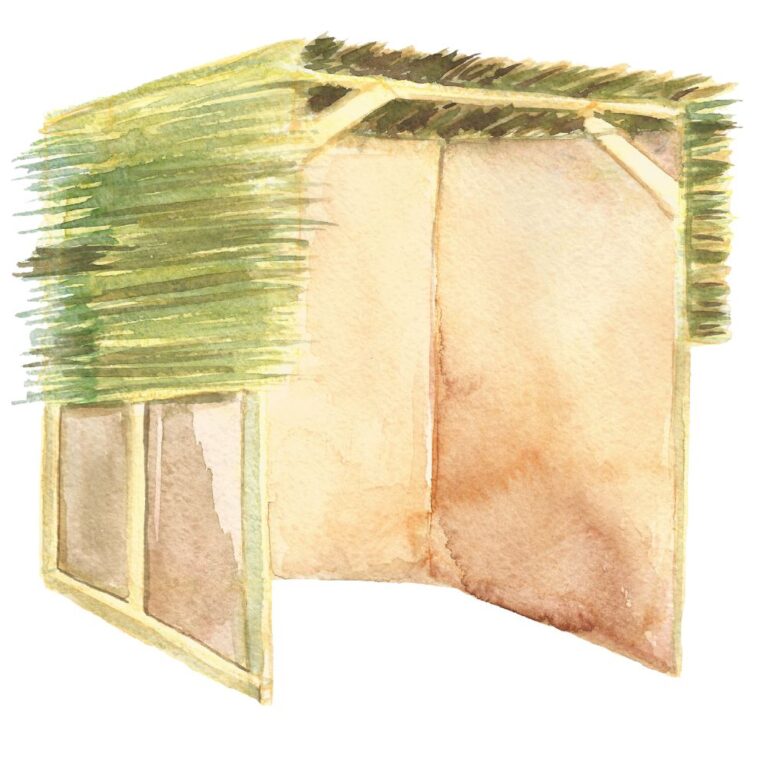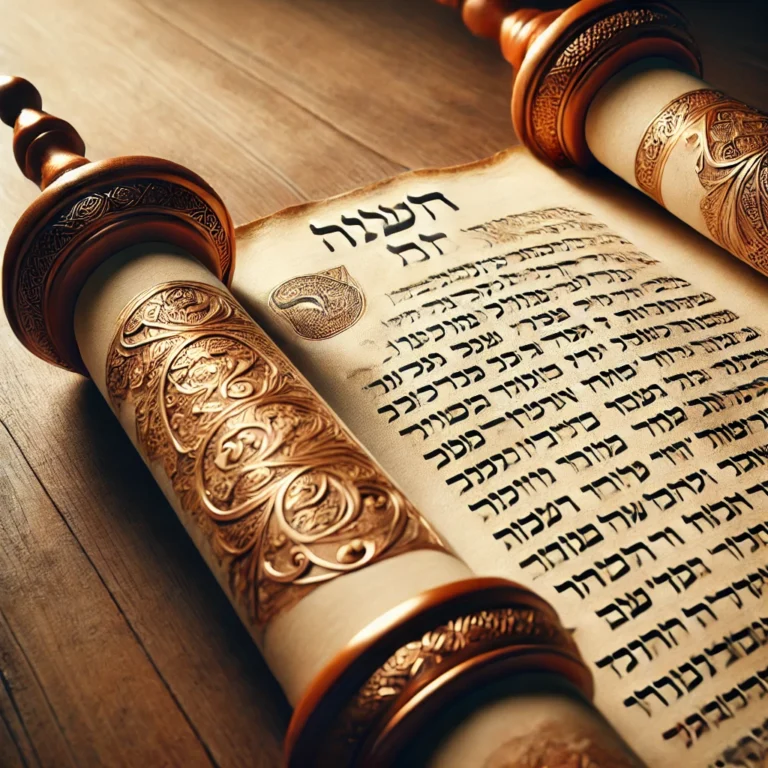Table of Contents
Work Restrictions during Sukkot
Sukkot, one of the most joyous Jewish holidays, is also a time when certain restrictions on work are observed. Known as the “Festival of Booths,” Sukkot commemorates the 40 years the Israelites spent in the desert after the Exodus from Egypt. This week-long celebration has specific rules regarding what activities can and cannot be done, particularly for those who are religious or Orthodox. But Sukkot isn’t just about restriction; it’s also about celebration and community gathering. In this blog, we will explore the work restrictions during Sukkot, focusing on religious, Orthodox, and secular observances, as well as how these restrictions are observed in Israel.
| Year | First Day of Sukkot | Chol HaMoed (Intermediate Days) | Last Day of Sukkot (Shemini Atzeret) | Work Restriction Notes |
|---|---|---|---|---|
| 2024 | October 16 (No Work) | October 17 – 21 (Limited Work Allowed) | October 23 (No Work) | No work allowed on first and last days. Limited work allowed during Chol HaMoed. |
| 2025 | October 6 (No Work) | October 7 – 11 (Limited Work Allowed) | October 13 (No Work) | No work allowed on first and last days. Limited work allowed during Chol HaMoed. |
| 2026 | September 25 (No Work) | September 26 – 30 (Limited Work Allowed) | October 2 (No Work) | No work allowed on first and last days. Limited work allowed during Chol HaMoed. |
| 2027 | October 15 (No Work) | October 16 – 20 (Limited Work Allowed) | October 22 (No Work) | No work allowed on first and last days. Limited work allowed during Chol HaMoed. |
| 2028 | October 4 (No Work) | October 5 – 9 (Limited Work Allowed) | October 11 (No Work) | No work allowed on first and last days. Limited work allowed during Chol HaMoed. |
| 2029 | September 24 (No Work) | September 25 – 29 (Limited Work Allowed) | October 1 (No Work) | No work allowed on first and last days. Limited work allowed during Chol HaMoed. |
Upcoming Holiday Gift Ideas
What is Sukkot and Why is it Celebrated?
Sukkot, also known as the Feast of Tabernacles, begins on the 15th day of the Hebrew month of Tishrei and lasts for seven days in Israel and eight days outside of Israel. The holiday commemorates the protection God provided for the Israelites during their 40 years in the desert. The Sukkah, a temporary hut with a thatched roof, is the central symbol of the holiday, representing the shelters the Israelites lived in during their journey.
FREE JEWISH WALL CALENDAR 2025/5785
The Kosher Hub has designed a beautifully iconic Jewish Calendar with all the important holidays for this coming year that you can download for FREE.
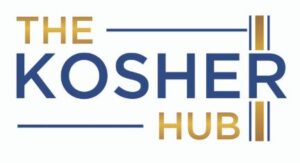



The Significance of Work Restrictions During Sukkot
On Sukkot, certain forms of work are restricted, similar to the observance of the Sabbath (Shabbat). These work restrictions are primarily observed by Orthodox and religious Jews and are designed to ensure that the holiday remains focused on its spiritual aspects. While the first and last days of Sukkot are the most strictly observed, the intermediate days, known as Chol Hamoed, have more lenient rules.
FREE Sukkot Blessing Card
Download your FREE digital Blessing card and have it ready to go in your Sukkah
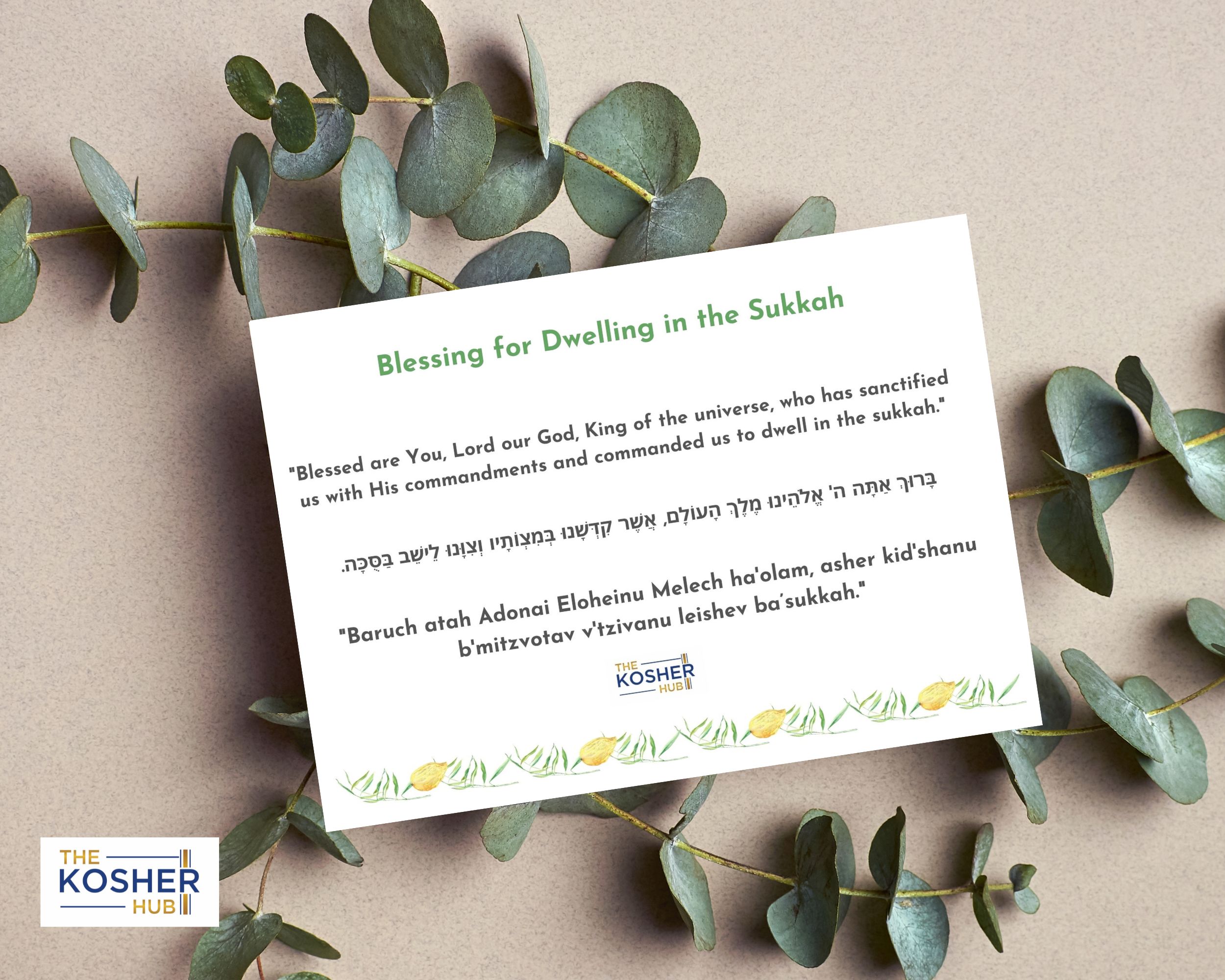

The First and Last Days of Sukkot: No Work Allowed
Religious and Orthodox Observance
The first day of Sukkot is considered a Yom Tov (holy day), during which all work is prohibited, much like on Shabbat. This includes activities such as:
- Writing
- Using electricity
- Driving
- Cooking (with exceptions, which we will cover later)
Religious Jews spend this day in prayer, attending synagogue services, and dwelling in the Sukkah. The seventh day of Sukkot is known as Hoshana Rabbah, and while it is not a Yom Tov, it is still treated with reverence, and no work is performed until the evening when the holiday ends.




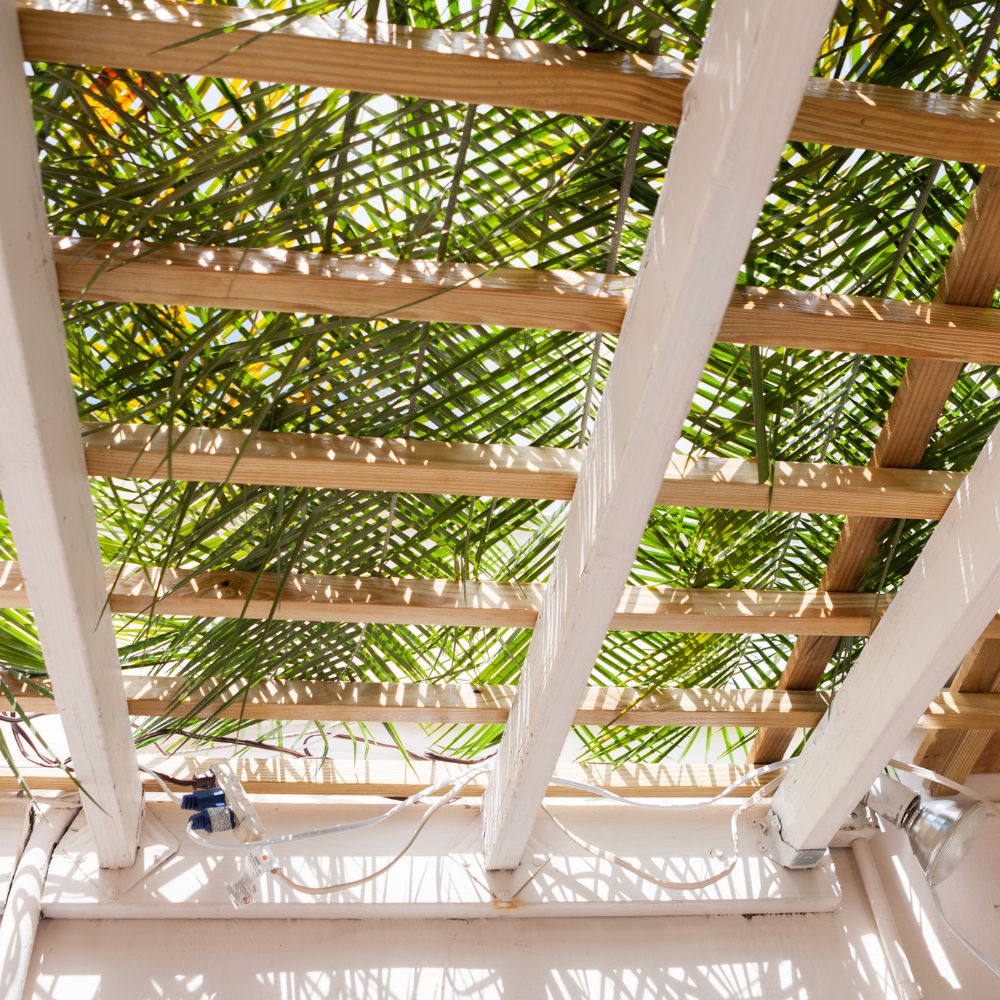



“As an Amazon Associate I earn from qualifying purchases.”
Orthodox Practices
Orthodox Jews follow strict rules on the first and last days of Sukkot. They refrain from all forms of work, including using electronic devices and driving. Instead, the focus is placed on religious duties, such as shaking the Four Species (Lulav and Etrog), reciting blessings, and spending time in the Sukkah. The festive meals in the Sukkah are a highlight, bringing together families and communities.
Chol Hamoed: Intermediate Days with Lenient Work Restrictions
What Work is Permitted?
The intermediate days of Sukkot, known as Chol Hamoed, are considered semi-festive. While certain work is allowed during these days, it is still encouraged to limit activities that detract from the holiday spirit. Generally, work that is needed to avoid financial loss or to prepare for the remaining days of the festival is permitted. However, the following are prohibited:
- Extensive writing
- Business transactions that are not essential
- Non-essential household chores
Exceptions for Cooking and Preparing Food
While work such as writing or business transactions is limited, cooking and food preparation are permitted during Sukkot, particularly because food is essential to the holiday’s communal nature. Cooking can be done with certain limitations—using pre-lit flames for cooking is common since lighting a new fire is prohibited.
FREE 10 Page Digital Sukkot Reflection Journal
Sukkot is a wonderful opportunity to reflect on many aspects of our lives.
Here in this journal you can reflect on 10 important questions.
Download yours below
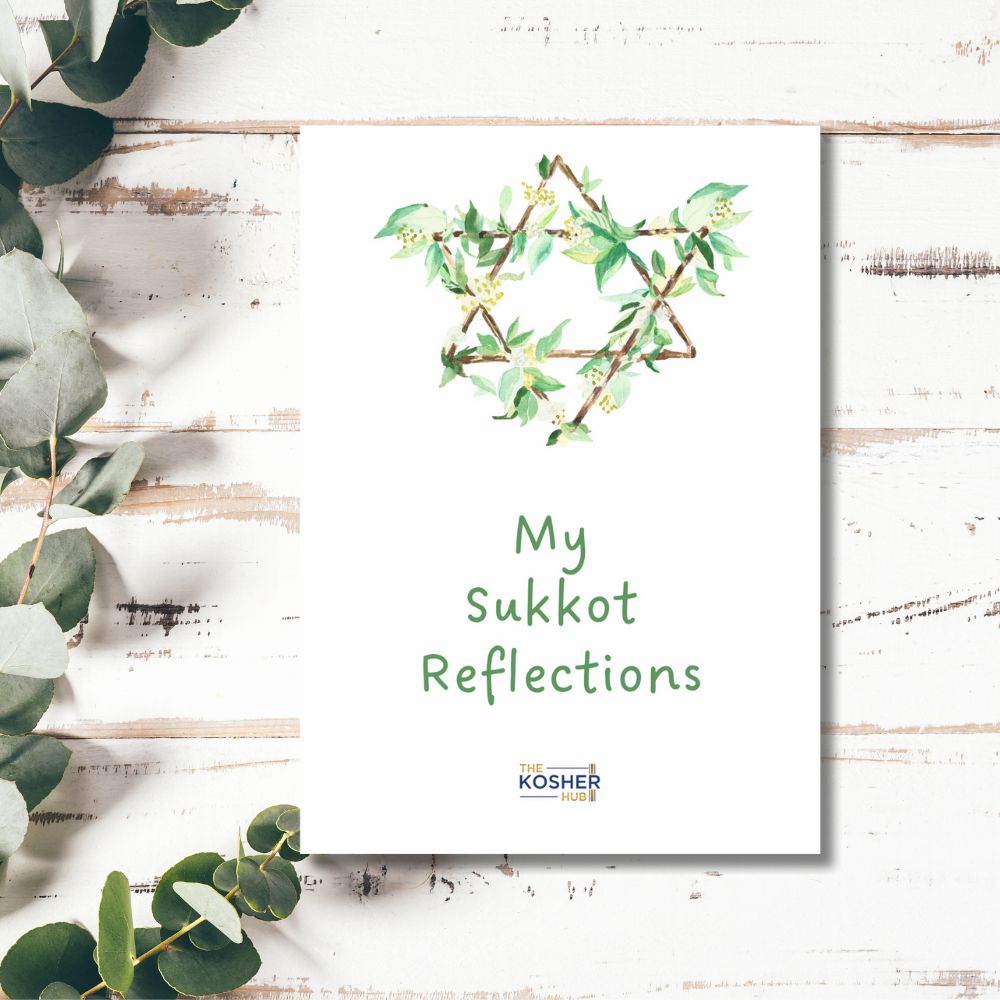

Get into the Spirit of Sukkot
Work Restrictions in Israel During Sukkot
National Holiday Status
In Israel, Sukkot is a public holiday, and most businesses are closed on the first and last days of the festival. Schools, government offices, and many workplaces also observe these days off. However, during Chol Hamoed, Israel operates on a partial schedule, with some businesses reopening, though many remain closed or offer reduced hours.
How Public Spaces and Transportation Operate
Public transportation is limited during the first and last days of Sukkot, much like during Shabbat. However, during Chol Hamoed, transportation resumes, and people use this time to travel, visit family, and participate in communal Sukkot events. Major cities, such as Jerusalem and Tel Aviv, host public Sukkahs and festivals, and many restaurants open temporary Sukkahs for patrons to dine in.
How Secular Jews Observe Sukkot Work Restrictions
A More Flexible Approach
While religious Jews observe strict work restrictions, secular Jews in Israel and around the world tend to take a more flexible approach to Sukkot. For many secular Jews, the holiday is a time to engage in cultural and family-oriented activities rather than adhering strictly to religious rules. Secular Jews may take the days off work but may not necessarily refrain from using electronics or engaging in other prohibited activities.
Observing Sukkot in Secular Ways
Secular Jews often celebrate Sukkot by building a Sukkah and hosting meals in it, but they may not necessarily follow the same work restrictions. Some may take advantage of the time off to travel, go on hikes, or participate in cultural events held during the holiday. In Israel, many secular Jews enjoy the holiday by attending Sukkot festivals and spending time with family outdoors.
From our Sukkot Range
Managing Lights and Cooking During Sukkot
Electrical Appliances and Lights
For Orthodox and religious Jews, the use of electricity is prohibited on Yom Tov (the first and last days of Sukkot). However, they can set timers before the holiday begins to control lights and appliances. For Chol Hamoed, the rules are more lenient, and electrical devices can be used, though many still avoid excessive usage in order to keep the holiday spirit.
Cooking and Food Preparation
As mentioned earlier, cooking is allowed during Sukkot, though new flames cannot be lit on Yom Tov. Pre-existing flames, such as those from a stove lit before the holiday, can be used to heat food. This makes meal planning essential for those strictly observing the holiday. Many people prepare large quantities of food before the holiday begins to minimize the need for cooking on the first and last days.









